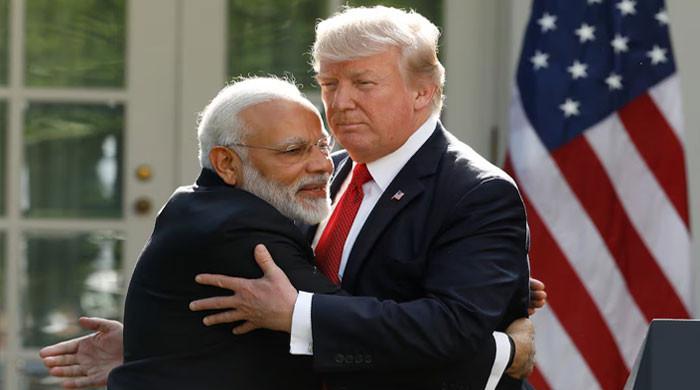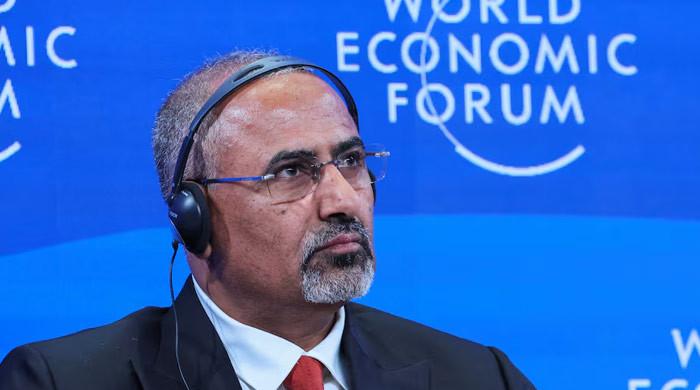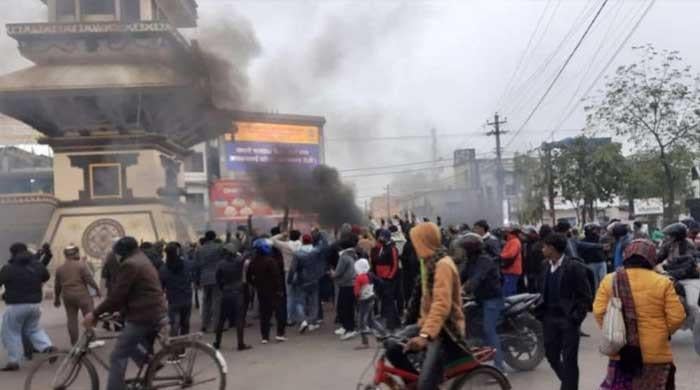Manning sentencing hearing to get under way after espionage conviction
FORT MEADE: US soldier Bradley Manning's court martial moves to the sentencing phase Wednesday, one day after he was convicted of espionage, but cleared of "aiding the enemy" in leaking US secrets...
July 31, 2013
Manning on Tuesday was acquitted at a military trial of the most serious charge against him -- that in having delivered a trove of US government files to the anti-secrecy group, he sought to wilfully help Al-Qaeda.
But he was found guilty of espionage and other charges which carry as much as 136 years in prison.
Manning's sentencing hearing could take as long as a month, with each side expected to present about 10 witnesses -- including, the defense has said, possibly Manning himself.
Tuesday's verdict follows an exhaustive two-month court martial at the Fort Meade military base in Maryland near the US capital.
The 25-year-old US Army private was working as an intelligence analyst near Baghdad when he was arrested more than three years ago and he has been in military custody ever since.
Having admitted earlier this year that he had passed a trove of 700,000 documents to WikiLeaks, Manning's culpability was no longer in question and he was ultimately found guilty of all but two of the 22 offenses for which he was tried.
Government lawyers argued that the soldier exhibited malign intent in transmitting the files to WikiLeaks, which later published them, much to the embarrassment of the United States and its allies.
The prosecution had argued that Manning's actions directly benefited Osama bin Laden and Al-Qaeda, but Colonel Denise Lind, the presiding judge, was not persuaded beyond a reasonable doubt that such damage had occurred.
Lind found him guilty of seven of eight counts he faced under the Espionage Act, including counts of stealing US government property and the committal of computer fraud relating to confidential records.
He was also found guilty of "wanton publication of intelligence on the Internet," and of leaking graphic cockpit footage of two US Apache attack helicopters killing 12 civilians on a Baghdad street -- a video dubbed "Collateral Murder" when it was released by WikiLeaks.
Manning was found not guilty of leaking classified records relating to a US military air strike in the Granai region of Afghanistan in May 2009.
He was convicted on all five counts that he failed to obey military orders and regulations in his handling and improper storage of confidential information.
The case is considered crucial to the fate of those who disclose government information. Manning's disclosures largely comprised US diplomatic cables and classified battlefield reports from the wars in Iraq and Afghanistan.









